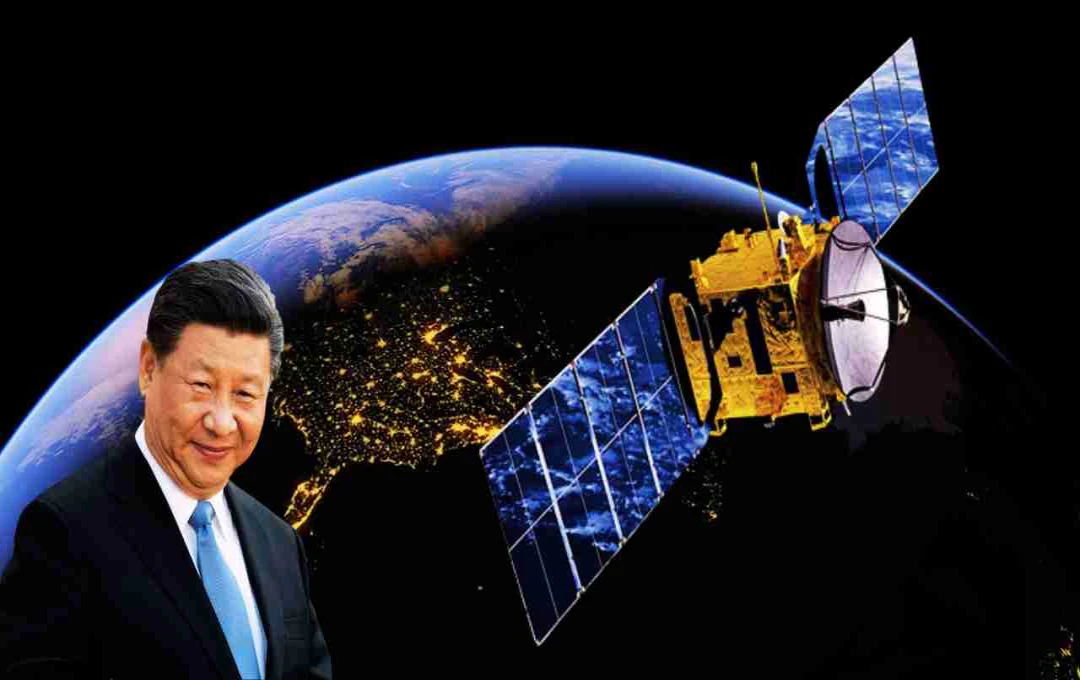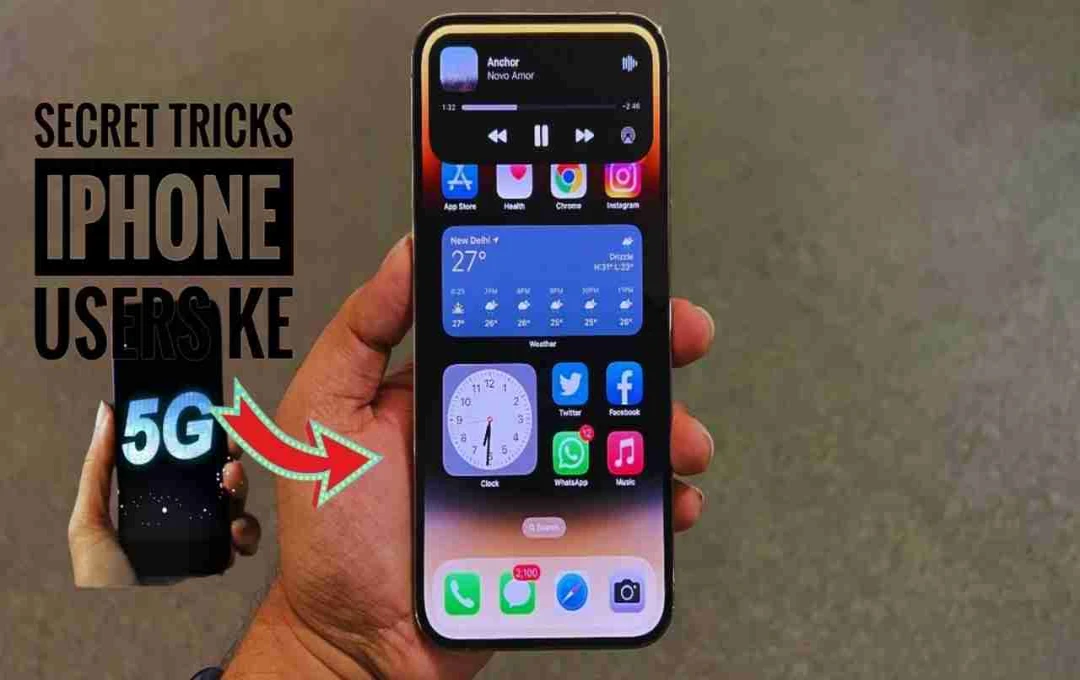China has taken another significant leap in the technological arena, laying the groundwork for a future digital revolution. Chinese scientists recently successfully tested a smartphone capable of making video calls directly to a 5G satellite without any additional devices or antennas. This technology could not only revolutionize connectivity in remote areas but also potentially weaken the impact of global censorship, app bans, and cyber control.
This achievement is viewed as a direct technological challenge to the United States and other Western powers, particularly given America's policies of banning apps like TikTok and attempts to control the internet.
Smartphones Directly Connecting to Satellites
Smartphones will no longer rely solely on mobile towers, as China's new technology allows direct connection to 5G satellites. This means internet access and calling will no longer require a mobile network or specialized satellite phones. Standard smartphones will be able to connect directly to satellites in Low Earth Orbit (LEO). This will enable high-speed internet and calling even in areas currently lacking network access.
The technology's greatest advantage lies in providing internet and phone access in remote locations such as jungles, mountains, deserts, and at sea, as well as during emergencies like war. Areas previously cut off from essential services due to lack of network coverage will now maintain connectivity. This Chinese advancement could be a significant step towards making the internet truly global and universally accessible.
A Potential Blow to Censorship and App Bans
If this new satellite technology proves successful on a large scale, it could significantly impact government censorship and app ban policies. For instance, if the US bans an app from its mobile network, users could bypass the ban by connecting directly to a satellite. This would make maintaining digital control considerably more difficult for governments.

Experts believe this technology could promote internet freedom, enabling users to access the internet globally without government restrictions. This will be particularly beneficial in regions with strict internet controls, making internet access open and accessible to all. Therefore, this step could lead to a significant democratization of the internet.
Competition with Starlink?
China's new satellite technology is being developed to compete with Elon Musk's Starlink service. Starlink already provides internet access to many parts of the world through its satellite network, but it is a private company project. China's initiative, on the other hand, is government-backed, potentially giving it greater reach and impact.
China aims to establish the capacity to deliver internet access worldwide through its satellite system. This would strengthen China technologically and increase its share of the global internet service market. This move could make China a major force in the internet sector.
Legal and Security Challenges Associated with the Technology
This advanced and useful satellite technology also presents significant legal and security challenges. Many countries' cyber laws and data protection regulations are not fully prepared for such technology. Therefore, when a country uses this technology, questions arise regarding potential violations of other countries' regulations. Currently, international law lacks clear guidelines in this area, potentially leading to difficulties in the future use of this technology.
Cybersecurity and data privacy are also major concerns. If a country's satellite service is used in another country, will it affect that country's cyber sovereignty—its power and control over its own internet? Answers to these questions will be linked to technological developments as well as countries' political strategies. Therefore, it is crucial to observe how this new technology will be implemented and regulated in the future.
Growing Strategic Concern for the US

China's new satellite technology could pose a significant strategic concern for the United States. The US has been at the forefront of internet and cybersecurity globally, but if China's technology succeeds and is adopted by other countries, it could impact America's digital dominance. This would necessitate a re-evaluation of US cybersecurity policies and international cyber regulations to maintain its strength in this changing landscape. Experts agree that the US and its allies will need to adapt their strategies to meet this new challenge.
Global Significance
This new satellite technology is significant for the millions who lack internet access. It could deliver fast and reliable internet to remote areas, revolutionizing education, healthcare, disaster management, and rural development. This technology will also help bridge the digital divide, allowing people everywhere to access online education, telemedicine, and digital banking. Thus, this technology could be a significant step in improving lives and connecting people to the digital world.
China's technological success is not merely a scientific achievement; it represents a new chapter in the global digital power struggle. It will be interesting to see whether the US and Western countries respond with their own technological advancements or attempt to curb China's initiative through international law. While this technology could be revolutionary for humanity, it could also spark a new battle for global politics and cyber dominance.














